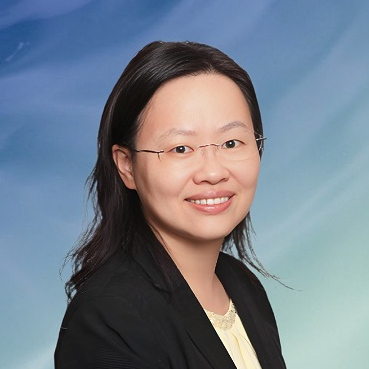Special Interview with Prof. Ni-Chung Lee
On 22 August, we had the pleasure of conducting an exclusive interview with Prof. Ni-Chung Lee, she reflected on her enduring passion for pediatric medical genetics, tracing it back to her early clinical experiences and a commitment to improving care for children with rare diseases. She highlighted the transformative potential of emerging technologies, including next-generation sequencing, multi-omics integration, and AI-driven tools, for early diagnosis and personalized treatment. While acknowledging the challenges of implementing advanced genetic screening programs across diverse healthcare settings, she emphasized the opportunities for innovation to expand access and impact. Beyond the lab and clinic, Prof. Lee finds balance and inspiration through reading, exercise, and quality time with her family.
Questions:
1. Could you share how your interests in pediatric medical genetics developed over time and what continues to drive your work in this field today?
2. In your view, how will emerging technologies such as next-generation sequencing, multi-omics integration, and AI-driven tools reshape the early detection and clinical management of pediatric rare diseases?
3. From a clinical and public health perspective, what do you see as the main challenges and opportunities in implementing advanced genetic screening programs in both developed and resource-limited settings?
4. Outside of your professional work, what activities or interests help you recharge and stay inspired?
About Prof. Ni-Chung Lee:

Prof. Ni-Chung Lee is a distinguished physician and researcher specializing in medical genetics and pediatrics at National Taiwan University Hospital. She holds an M.D. from National Yang-Ming University and a Ph.D. in Clinical Medicine from National Taiwan University. Prof. Lee is a leading expert in pediatric medical genetics, focusing on inborn errors of metabolism, gene therapy, and next-generation sequencing technologies. Her research has significantly advanced the understanding of rare genetic disorders and their clinical applications. She has contributed to numerous publications in these fields and is actively involved in international collaborations aimed at improving diagnostic and therapeutic strategies for genetic diseases.
In 2024, Prof. Lee's research on circular RNA aptamers provided new insights into potential therapies for psoriasis, highlighting her ongoing commitment to translational research. Her work exemplifies the integration of clinical expertise with cutting-edge genomic technologies to address complex medical challenges.
Editor: Yana Wei
Production Editor: Ting Xu
Respectfully submitted by the Editorial Office of Journal of Translational Genetics and Genomics









